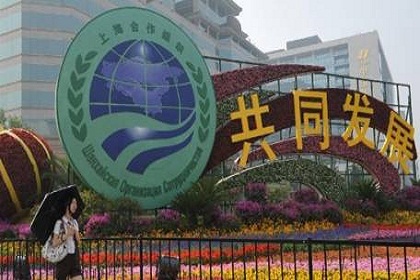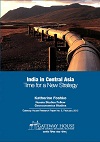India and SCO: the real benefit
India becoming a full member of the Shanghai Cooperation Organisation will be a significant moment in its engagement with Central Asia. However, there are not a lot of security or other benefits to be gained
 Courtesy: PK times
Courtesy: PK times
India becoming a full member of the Shanghai Cooperation Organisation will be a significant moment in its engagement with Central Asia. However, there are not a lot of security or other benefits to be gained
 Courtesy: wikimedia
Courtesy: wikimedia
The fall in oil prices is creating new complexities for the energy exporting economies of West Asia. With smaller profits, these countries may not be able to buy off political dissent at home and fund client governments and rebels abroad. Lower energy prices could also mean a renewed chance for peace
 Courtesy: Gateway House
Courtesy: Gateway House
Gateway House prepared a Global Stability Map, using 20 differing indicators, to analyze the stability of 60 countries around the world. Using criteria that are important to the emerging economies of the world, the map provides an Indian perspective of the world today.
Though some countries like Russia gained a strong foothold in Central Asia and the Caucasus post-1991, India has been a late-comer. Gateway House interviews former Ambassador to Azerbaijan Debnath Shaw to discuss India’s energy interests in the region, the Shanghai Cooperation Organization and the TAPI pipeline.
 Courtesy: PMO
Courtesy: PMO
India will do well to expand its positive and trust-laden cooperation with Russia in commerce, technology, and education, into a broader regional one, and establish a more meaningful presence in Central Asia. This will also assist in the future acquisition of energy resources in the region.
 Courtesy: Gateway House
Courtesy: Gateway House
This paper introduces the dilemma of both India and Russia, whose state-owned energy companies are forced to operate in a region where Chinese government corporations have been dominant.
 Courtesy: Michael Trolove/WikimediaCommons
Courtesy: Michael Trolove/WikimediaCommons
Growing instability in the region make the planned Turkmenistan-Afghanistan-Pakistan-India (TAPI) gas pipeline seem more like a burden than a solution to India’s hunt for alternative energy sources. Is it wise for India to move ahead with the $7.6 billion project?